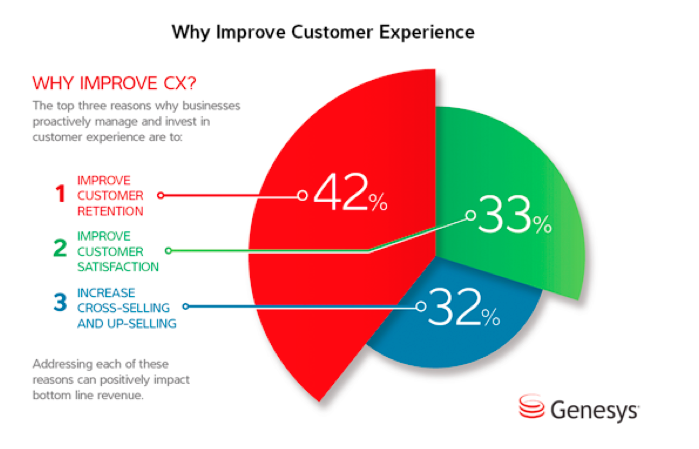Startups today are piling on more debt than ever before. While there are plenty of ways to fund your startup, poor money management will spell the death of your business. Developing a healthy financial formula during the startup phase is crucial in order to lay a solid foundation for the future.
Here are three valuable tips to keep in mind:
- Use analytics to hire right
Bringing the wrong people on board, in any capacity, can wreak havoc on your startup’s financial success. One bad hiring decision could cost your business thousands in recruiting and onboarding costs, combined with lost revenue, time and business while looking to fill the position again.
When it comes to finances, startups rarely get a second chance. Technology, however, can come to the rescue here, with recent advances in artificial intelligence systems.
Businesses that use recruiting software report up to 300 percent increases in the quality of their new hires and are able to diminish the time it takes to find candidates.
If you want to find the best leaders and managers, AI-based “smart” HR recruiting software can help. Every startup has its own set of financial challenges. However, recruiting software, such as Harver, uses machine learning to match candidates based on skill and personality assessments, as well as situational tests to make sure that they’re the right fit for your startup’s organizational processes.
Attracting the right talent and making better judgment calls by using data-driven recruiting software is a great way for new businesses to start off on the right foot.
Related: Starting Small Paved the Way to Big Growth for This Company
- Invest in the right tools
There are thousands of software-as-a-service (SaaS) companies out there with a mission to help startups in nearly every aspect of business imaginable. While their intentions may be in the right place, startups with limited financial resources should only invest in the tools that will actually make a measurable difference.
For instance, if your business struggles with internal communication, hitting deadlines or proper coordination between sales and accounting, a project management software might be a good investment.
Bad communication costs small businesses an average of $420,000 per year, so shelling out some of the budget on a reliable project management system could save you big in the long run.
Of course, strong financial planning tools are essential for keeping your startup on track, so using effective accounting software can help new businesses design a system that will grow with them.
If the initial cost of these systems is causing you to hesitate, consider an all-in-one tool that brings you the best of both worlds at a lower cost. Trigger has all of the capabilities of a full-fledged project management tool, such as team calendars for project planning and task assignments, along with the basic accounting and invoicing needs, like time tracking and expense reports. This winning combination gives your startup all the tools you’ll need to ensure a strong start.
Sign Up: Receive the StartupNation newsletter!
- Don’t make your website a revenue killer
The easiest way to fix your startup’s financial issues is to be wary of common mistakes beforehand. One of the sales killers for many startups is a poorly designed website. Even seemingly minor elements like page load time, ease of navigation and mobile display can make all the difference for a customer.
According to an Adobe study on customer engagement, 38 percent of visitors will leave a webpage that is unattractive or not user-friendly.
Make absolutely sure that your webpage is a strong representation of your brand, as it could make or break your startup’s revenue.
Make customer experience your ultimate priority when building your startup’s webpage. Businesses that improved the user experience on their webpages reported higher customer loyalty, improvements in customer satisfaction and increases in revenue. Little design decisions can have a huge impact on monetary success down the road, so avoid the most common blunders from the beginning.

Ultimately, you want to wow online visitors the second your website goes live.
Over to you
You will have to make many decisions as an entrepreneur. This includes everything from who you should you hire to what should your logo look like, and how you promote your brand. However, any decision you make boils down to how much it will cost you and earn you back (both long term and short term).
It’s important to learn a few things about managing your company finances from day one. Even seemingly simple tricks such as getting acquainted with your business cash flow analysis and not putting all your eggs in one basket can help your startup survive. Getting the right people on board, embracing strict financial discipline and making sure your website isn’t turning customers off can go a long way toward your goals.






